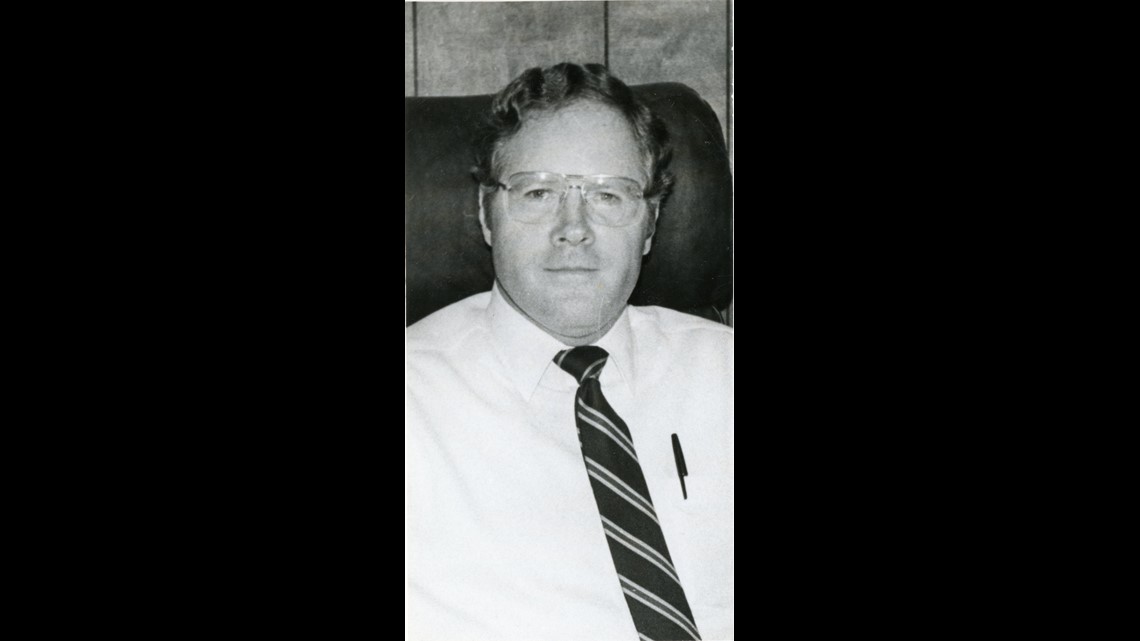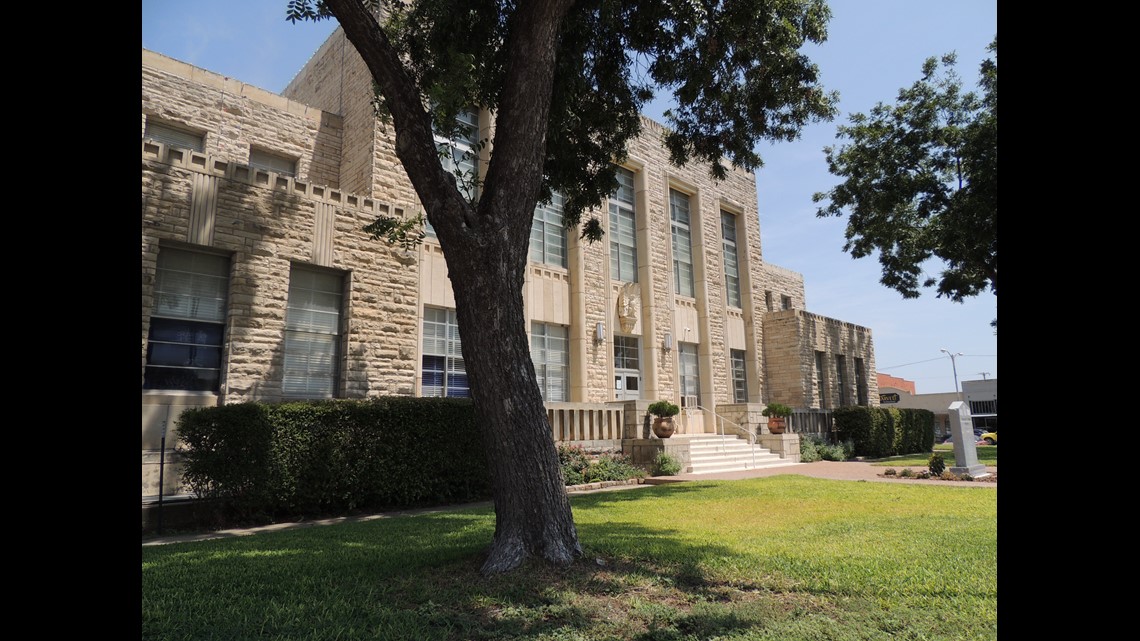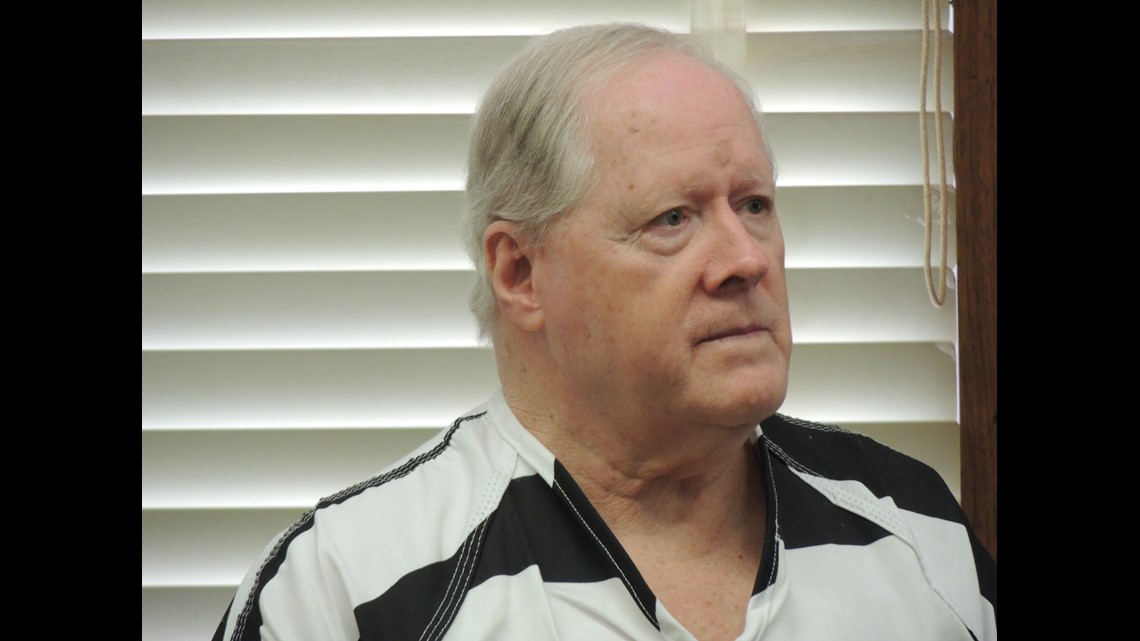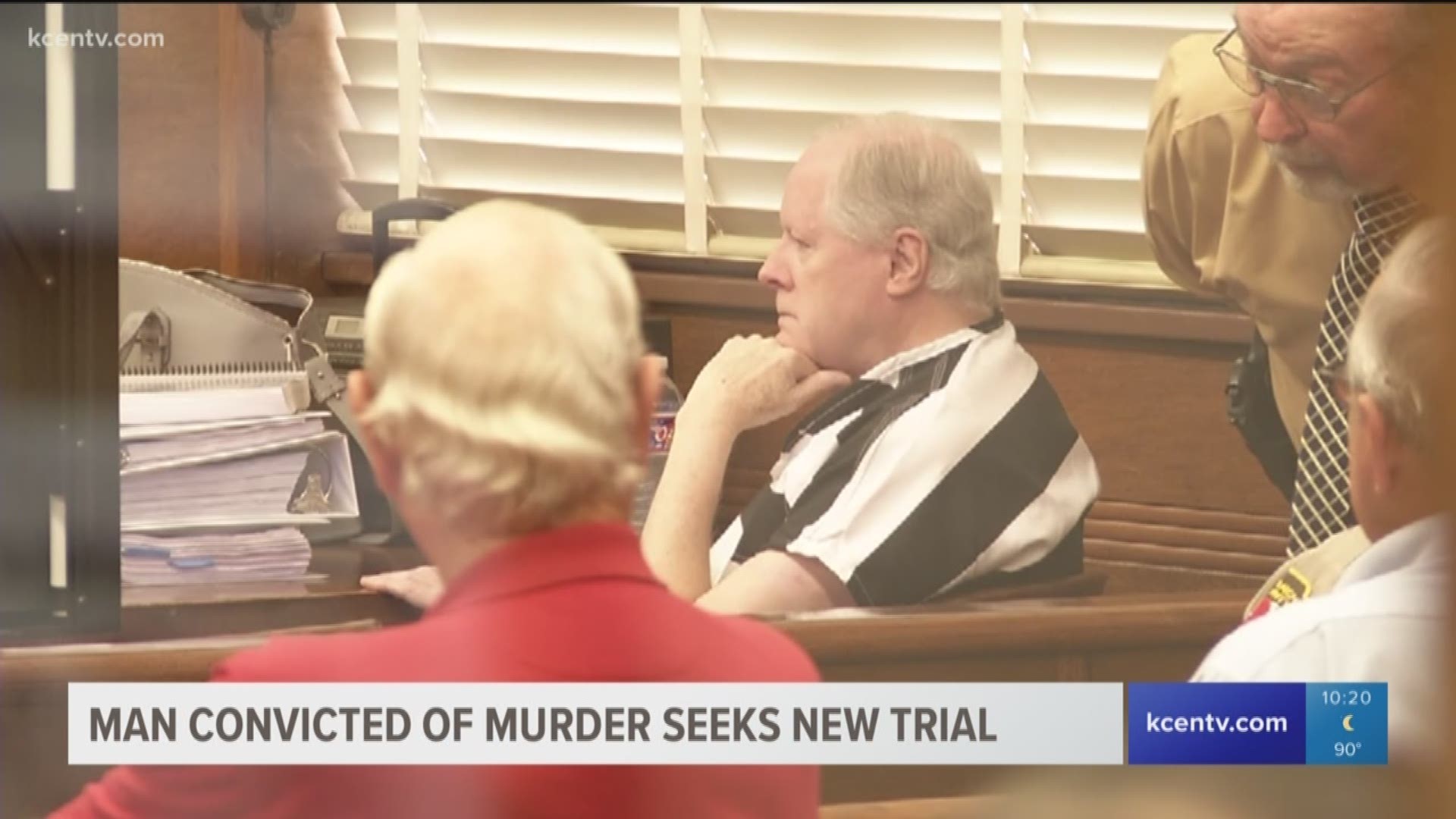On the morning of October 15, 1985, Mickey Bryan was found murdered in her Clifton, TX home after she didn’t show up for her job as a 4th grade teacher at Clifton Elementary.
Her husband, Joe Bryan, has always said he was at a principal’s convention in Austin, TX more than 120 miles away. But, four days later, authorities found a bloodstained flashlight in Joe Bryan’s car and he became the prime suspect in his wife’s murder.


Bryan was eventually found guilty in 1986 and sentenced to 99 years in prison. But, that trial was reversed. Bryan was found guilty again in 1989 and he’s been in prison ever since.


After exhausting all his appeals Bryan’s defense team filed what’s known as a Writ of Habeas
Corpus -- a legal document used to bring a prisoner before the court to determine if their imprisonment or detention is lawful. In Bryan’s case, it was basically a final effort to get a new trial.
Bryan was back in a Comanche courtroom Monday where his legal team presented evidence and called witnesses to prove their case.


Both Bryan’s defense team and Bosque County’s District Attorney Adam Sibley, tackled a key piece of evidence in the case – the blood covered flashlight found in Bryan’s car.
They also picked apart testimony given by Robert Thorman, the bloodstain pattern analyst used as the expert witness in Bryan’s 1986 and 1989 trials.
Bryan’s team first called Celestina Rossi, a blood stain pattern analyst with more than 15 years of experience in the industry. Rossi became familiar with Bryan’s case while working with the Texas Forensic Science Commission. The group, formed earlier this year, looked at several cases like Bryan’s.
Rossi was asked to give her opinion on several key parts of Bryan’s case including whether or not Thorman followed proper guidelines when analyzing the evidence, was qualified to be an expert witness and whether or not his testimony was accurate.
She said Thorman “didn’t calculate correctly” when it came to blood spatter in the bedroom so his findings when analyzing the crime scene and blood stains are not scientifically supportable.
She said he selected the wrong stains when looking for point of origin and didn’t take photos to prove his points. Rossi also said Thorman made incorrect statements about blood evaporating and the drying time of blood.
But most importantly, Rossi pointed to the fact that Thorman only completed a basic 40-hour introductory course on bloodstain pattern analysis which does not qualify him to be called an expert in the field. Rossi said Thorman “should have always known he wasn’t an expert.”
Bryan’s defense team also called Texas Ranger Jeff Wolfe who backed up Rossi’s claims that Thorman’s 40-hour basic bloodstain pattern analysis course didn’t qualify him to serve as an expert witness.
The state’s key witness for the day was Tom Bevel who is a world-renowned bloodstain pattern analyst having worked in 48 states and 18 countries.
Bevel first took the court through crime scene pictures, leaving Bryan visibly shaken and at times wiping away tears. Bevel found fault with Thorman’s stringing work at the crime scene and said he “doesn’t understand how to do this in a number of areas.”
Bevel said a second expert should always check a bloodstain pattern analyst’s work and in this case that didn’t happen. Bevel also said he believed Thorman was unqualified to be an expert in the field and gave inaccurate testimony.
However, when asked about the bloodstained flashlight, Bevel said he could not say whether it was blood spatter or not.
Executive Director of the Innocence Project of Texas Mike Ware said these are some of the key reasons why Bryan deserves a new trial.
“The testimony back in 1989 by the prosecutor’s expert we now know was absolutely inaccurate and it was relied on heavily by the jury in reading the verdict that they did," said Ware. "That is an injustice that we hope can get corrected by these proceedings.”
Tuesday, Bryan’s defense team will work through what they call their innocence claims laid out in the Writ of Habeas Corpus.
And it’s important to note, after this three-day hearing Judge Doug Shaver can make a recommendation to the Texas Court of Criminal Appeals about whether he believes Bryan should get a new trial. However, it will be up to that court to decide where this goes next.

